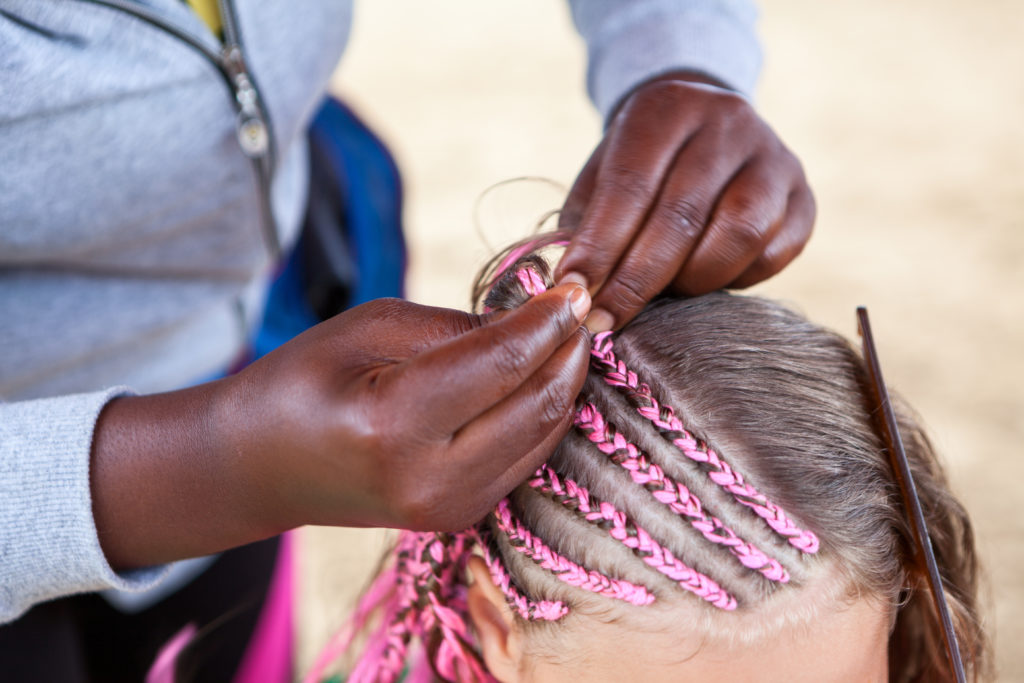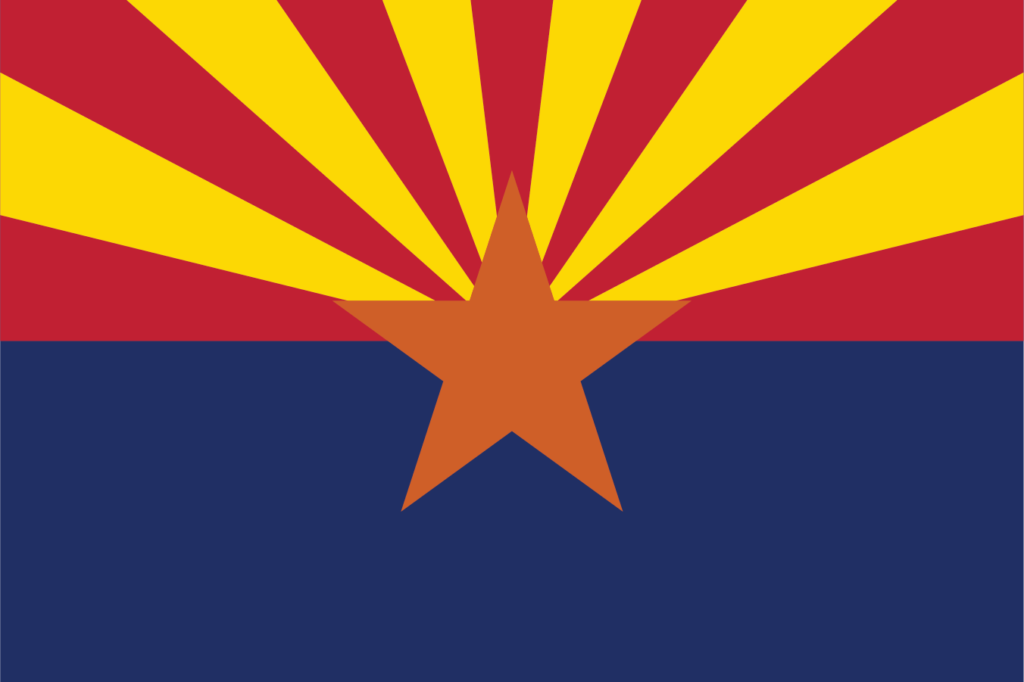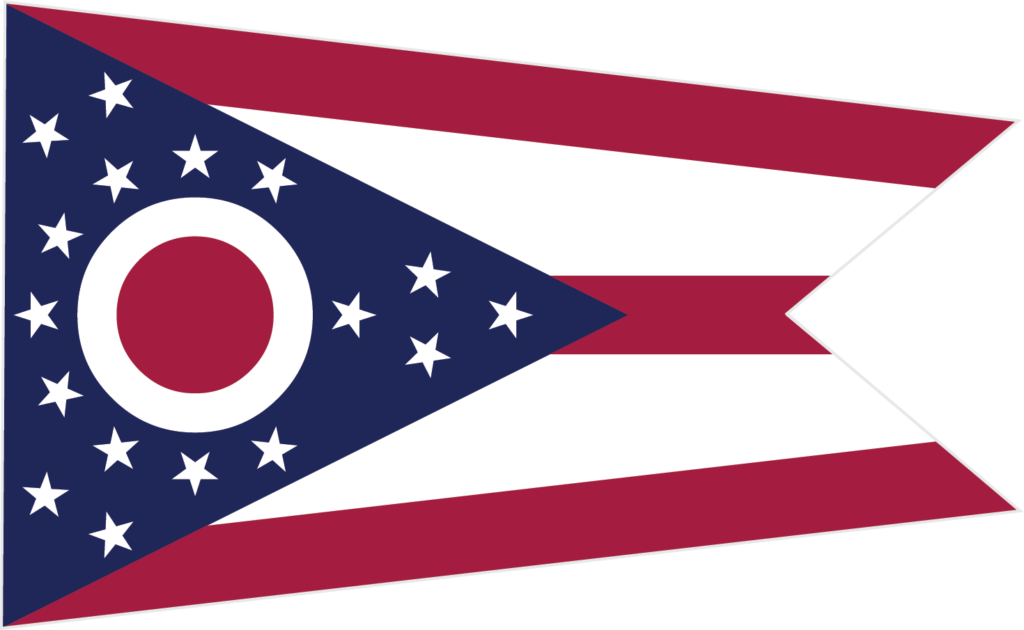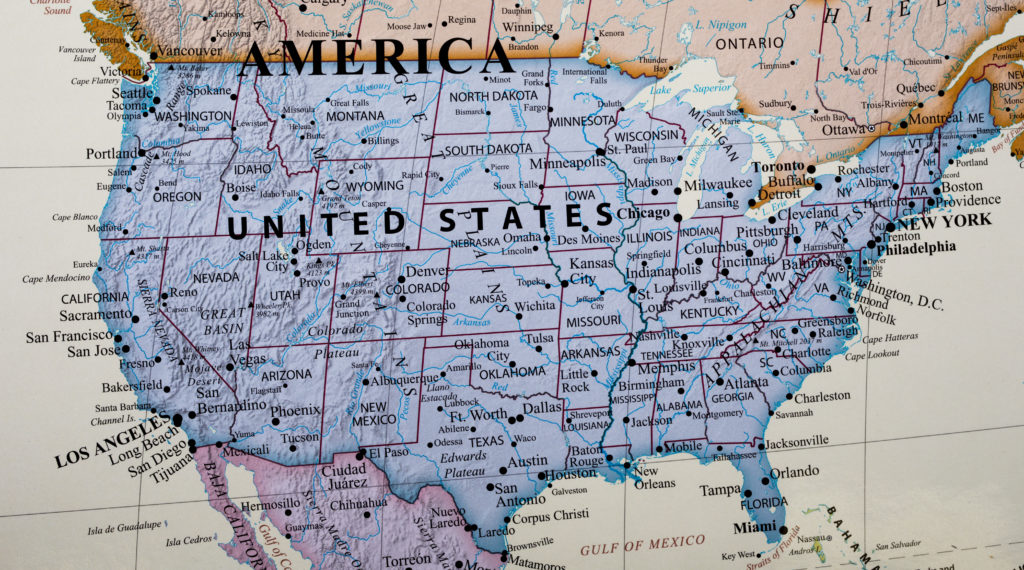Las Vegas| Ceasar’s Palace | June 19-21
You’re invited! The National Occupational Licensing Meeting is the culmination of a four-year collaboration between The Council of State Governments and National Conference of State Legislatures to reduce barriers to licensed occupations. Join us as we share the research and lessons learned from our work with the states and feature new and emerging trends in this important workforce topic.
Specifically, you will learn about best practices in occupational licensing, from the firsthand experiences of states that have been working on this issue. The meeting also will provide updates on a variety of licensing topics, including interstate mobility schemes, how the COVID-19 pandemic has impacted licensing and regulation, and diversity and inclusion in regulation. Breakout sessions will focus on scope of practice, military family mobility and licensing for people with a criminal history.
You will leave the meeting with a better understanding of occupational licensing’s complexity, as well as the common pitfalls other states have faced in this policy area.
Assistance with travel expenses is available upon request. The deadline to register online is June 1, 2022. Click here to register.










